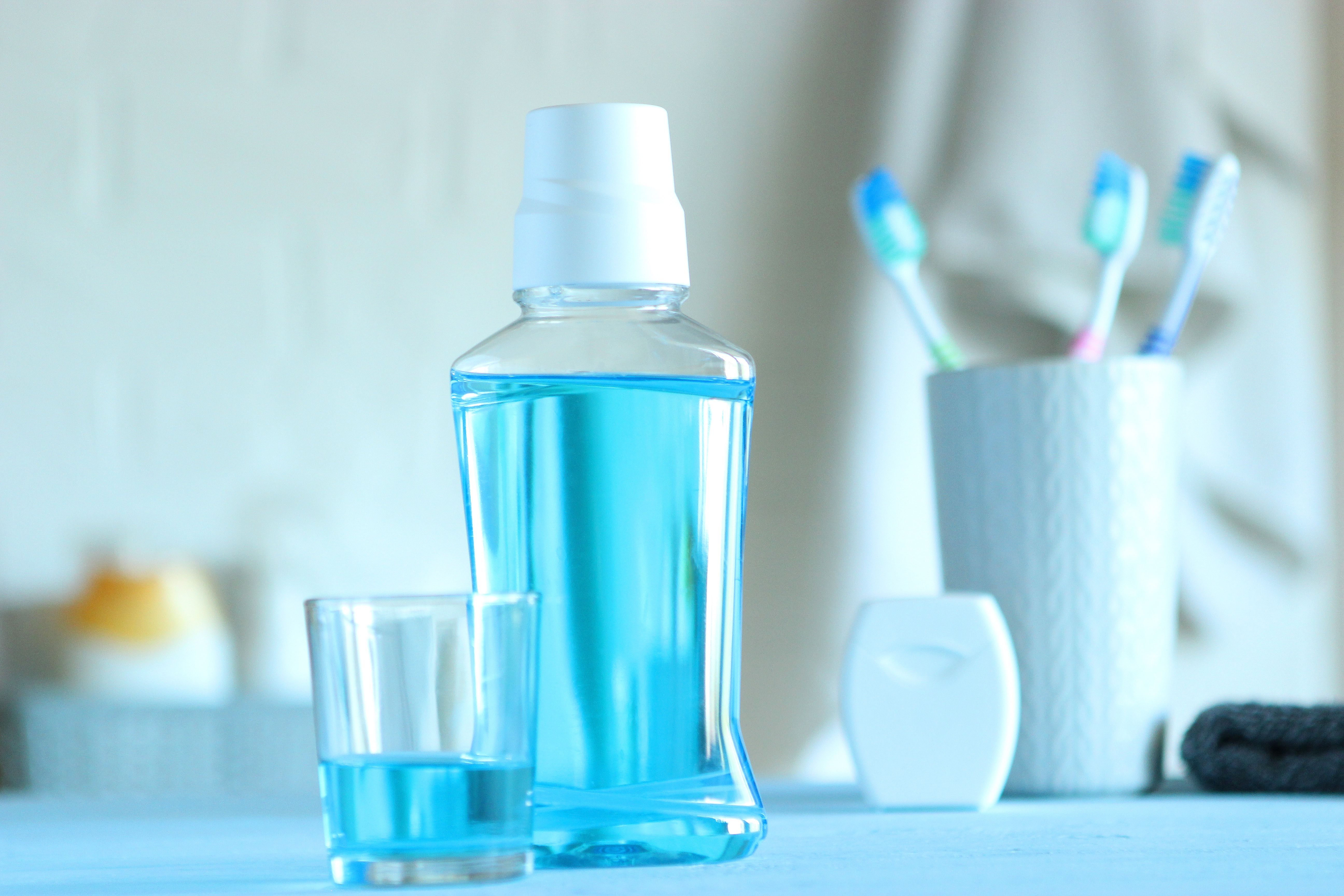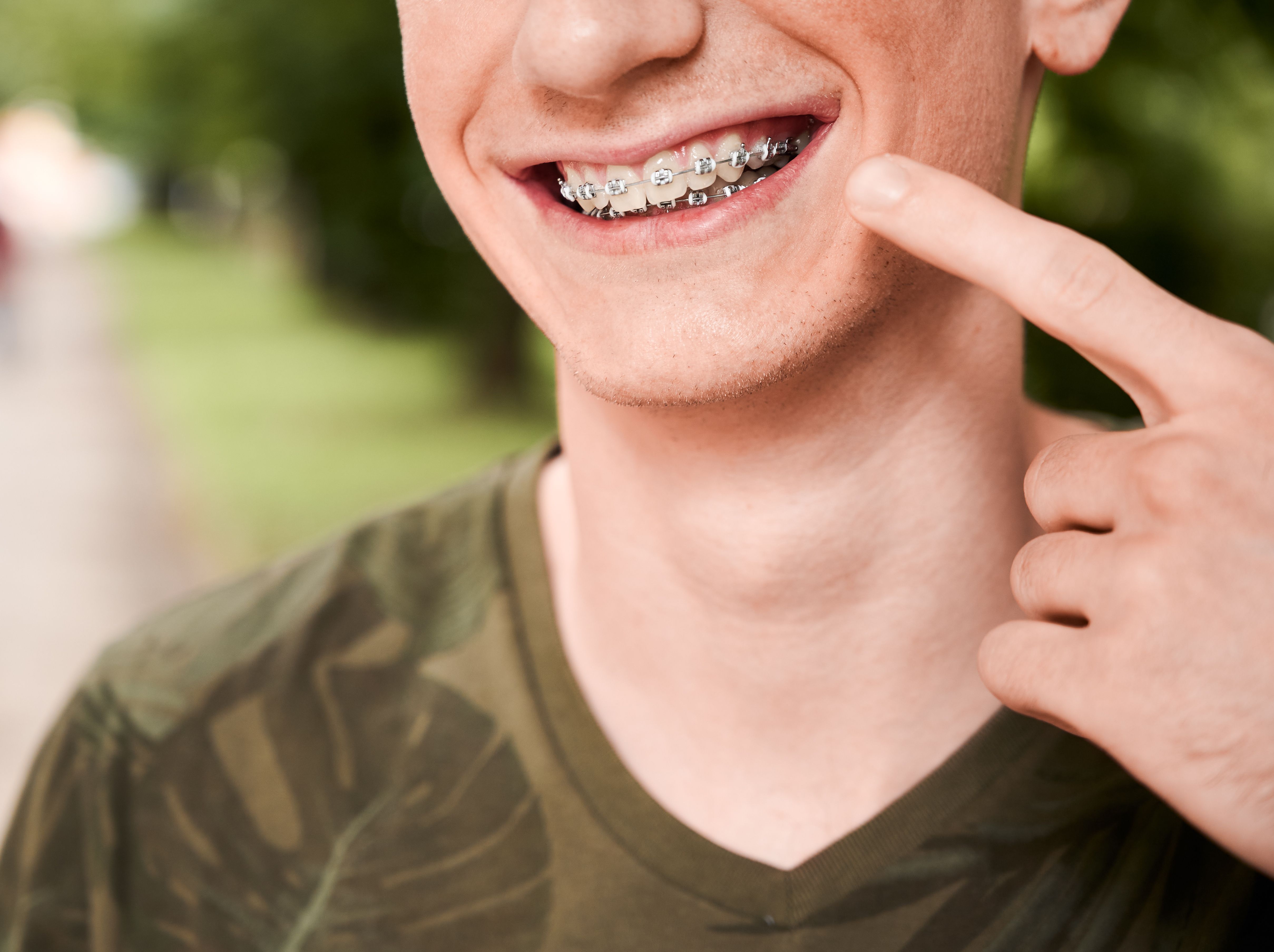Life with Braces: What to Expect and How to Cope?
Dr. Hoss Abar
Getting braces is a significant milestone in a person's life. It can be unsafe, whether you're a teenager or an adult. You may worry about how braces will affect your appearance, how much they hurt, how challenging it will be to adjust to a new daily routine, how to cope with braces, or what to expect with braces? However, with the proper knowledge and strategies, you can make the most of your orthodontic treatment and achieve a beautiful, healthy smile.
In this blog post, we'll guide you through what to expect during your time with braces. We'll offer tips for coping with everyday challenges, from managing discomfort and pain to navigating social situations and food restrictions with braces.
Why is Getting Braces a Big Deal?
For many people, getting braces represents a significant investment of time, money, and energy. Orthodontic treatment typically lasts several months or even years, requiring frequent appointments and adjustments. if you wonder how to deal with braces so you should know that braces can also be uncomfortable, with soreness and tenderness joint after each adjustment. Additionally, wearing braces can impact a person's appearance, causing some individuals to feel self-conscious or insecure. However, despite these challenges, the benefits of braces can be transformative, resulting in a healthier smile, improved oral health, and increased confidence.
What to Expect During Your First Week with Braces?
When you first get braces, it's normal to experience discomfort and changes in your daily routine. Here are some things to expect during your first week with braces:
- Soreness and Discomfort: You may experience soreness and discomfort in your mouth during the first week with braces. This is because your teeth and gums are adjusting to the new appliances. You can manage this discomfort by taking over-the-counter pain relievers like acetaminophen or ibuprofen. Your orthodontist may also provide orthodontic wax over the brackets to reduce irritation.
- Changes in Diet: During the first week with braces, you may need to change your diet. Your teeth may be sore, and you may find eating hard or sticky foods difficult. Eat soft foods like mashed potatoes, soup, and smoothies, and avoid hard or sticky foods like popcorn or candy that can damage your braces.
- Oral Hygiene: Maintaining excellent oral hygiene with braces is

- essential. During the first week, adjusting to brushing and flossing around your braces may take some time, but preventing plaque buildup and tooth decay is crucial. Your orthodontist will provide you with instructions on how to brush and floss around your braces.
- Speech Changes: You may experience some changes during the first week with braces. This is normal, and your speech will improve as you wear braces. You may need help pronouncing certain sounds or words. Eventually life with braces become normal.
Tips for Managing Discomfort and Pain
Braces can be uncomfortable and cause soreness, especially during the first few days after application. However, several ways exist to manage the discomfort and make the experience more bearable. Here are some tips for managing discomfort and pain with braces:
Use Orthodontic Wax: Orthodontic wax is a soft, pliable material to reduce irritation and discomfort. Take a small amount of wax and place it over the bracket or wire that is causing pain.
Rinse Your Mouth with Salt Water: To naturally soothe sore gums and ease discomfort, prepare a saltwater solution by mixing salt in a glass of warm water. Rinse your mouth with this solution for about 30 seconds, then spit it out.
Eat Soft Foods: During the first few days of wearing braces, eat soft foods that are easy to chew and won't irritate your mouth. Soups, smoothies, mashed potatoes, and scrambled eggs are all excellent options.
Food Restrictions and Recommendations
One of the most significant adjustments when getting braces is changing your diet. Following certain food restrictions and recommendations is essential to prevent damage to your braces and ensure effective treatment. Following are some tips on what to eat and what to avoid with braces:
- Avoid Hard and Sticky Foods: Certain foods can damage or dislodge brackets and wires, prolonging treatment time. Avoid hard candy, nuts, popcorn, chewing gum, and ice cubes.
- Cut Up Your Food: To make it easier to chew and avoid damaging your braces cut food into small pieces. For example, slice fruits and vegetables, cut meat into small pieces, and break up hard foods like crackers.
- Stick to Soft Foods: Soft foods are gentle on your teeth and braces and are easier to chew. Some good options include mashed potatoes, soups, smoothies, pasta, cooked vegetables, and soft fruits.
- Be Careful with Crunchy Foods: Crunchy foods like apples or carrots can be eaten but cut into small, bite-sized pieces. You should also avoid biting directly into them.
- Don't Chew on Non-Food Items: Chewing on non-food items like pencils, pens, or fingernails can damage braces, so it's essential to avoid this habit.
Dealing with Social Situations: How to Talk, Eat, and Smile with Confidence?
Braces can affect your social life, especially when eating, talking, and smiling in public. However, you can do a few things to feel confident and comfortable in social situations while wearing braces. Here are some tips:
Practice Speaking: It may take some practice to speak generally with braces, especially if you have just gotten them. To make communicating easier, try reading out loud, speaking slowly, and taking breaks when needed. Over time, you'll adjust to speaking with braces, and it will become more natural.
Clean Your Teeth After Eating: Food can quickly get stuck in braces, which can be embarrassing and uncomfortable. Bring a small travel toothbrush and brush your teeth after eating. If you can't brush your teeth immediately, rinse your mouth with water to remove food particles.
Choose Your Foods Wisely: When eating in public, avoid foods that can get stuck in your braces or be challenging to chew. Cut your food into small pieces and avoid biting into hard or crunchy foods. Stick to softer foods that are easier to eat and won't damage your braces.
Smile with Confidence: Don't let braces stop you from smiling confidently! Remember that braces are temporary and help you achieve a healthy, beautiful smile. If you feel self-conscious about your braces, try practicing your smile in front of a mirror.

Be Prepared: Bring some supplies if you're attending a social event or meeting new people. Pack a small toothbrush, floss, and wax in a small bag or purse. This way, you can discreetly clean your braces or apply wax if needed.
Maintaining Your Braces: Regular Checkups and Repairs
Maintaining your braces is a crucial part of your orthodontic treatment. Keeping your braces clean, attending regular checkups, and addressing any issues promptly ensures that your treatment progresses as planned. Here are some tips for maintaining your braces:
- Keep Your Braces Clean: Proper oral hygiene is essential when you have braces. Brush your teeth daily and floss to remove food particles and plaque. Furthermore, use a soft-bristled toothbrush and fluoride toothpaste, and consider using an interdental brush or water flosser to clean between brackets and wires.
- Attend Regular Checkups: Your orthodontist will schedule regular checkups to monitor your progress and make any necessary adjustments. Ensure you attend these appointments and follow your orthodontist's instructions.
- Address Issues Promptly: If you experience discomfort, pain, or other issues with your braces, don't wait to address them. Contact your orthodontist right away to schedule an appointment. Delaying treatment can prolong your treatment time and potentially damage your braces.
- Protect Your Braces During Physical Activities: If you play sports or participate in other physical activities, wearing a mouthguard to protect your braces and teeth from damage is essential.
- Be Mindful of What You Eat: As we mentioned earlier, certain foods can damage your braces. Avoid hard, crunchy, and sticky foods, and cut up foods into small pieces when necessary. If you damage a bracket or wire, contact your orthodontist for repairs.
How to Stay Motivated Throughout Your Orthodontic Treatment?
Orthodontic treatment can be a long and sometimes challenging process. It's essential to stay motivated throughout your treatment to achieve the best possible results. Following are some tips for staying motivated during your orthodontic treatment:
Visualize Your Progress: Take pictures of your teeth before and during treatment to track your progress. Seeing how your teeth change can be a powerful motivator to keep going.
Celebrate Milestones: Celebrate each milestone in your orthodontic treatment, such as getting your braces off, with a small reward. It doesn't have to be anything significant, but it can help you stay motivated and feel proud of your progress.
Find a Support System: Surround yourself with people who will encourage and support you throughout your treatment. This can include friends, family members, and your orthodontic team. Feel free to reach out for support if you're feeling discouraged.
Remember the Benefits: Remember the benefits of orthodontic treatment, such as improved oral health, a more attractive smile, and increased self-confidence. Focusing on these benefits can help you stay motivated and committed to your treatment.
Set Goals: Set specific goals for yourself, such as brushing and flossing every day, attending all of your orthodontic appointments, or avoiding certain foods. Achieving these goals can give you a sense of accomplishment and help you stay motivated.
Stay Positive: Finally, maintain a positive attitude throughout your treatment. It's normal to experience some discomfort and setbacks. However, focusing on the positive aspects of your treatment can help you stay motivated and optimistic.
Conclusion
In conclusion, getting braces can be a significant decision and a big commitment, but the results are worth it. While the treatment process can come with some discomfort and challenges, being aware of what to expect and how to manage any issues can help make the process smoother. Remember to follow your orthodontist's instructions, take good care of your braces and teeth, and stay motivated throughout the treatment. And when your treatment is finally complete, embrace your new smile with confidence and pride, knowing it comes from your hard work and dedication to achieving a healthy and beautiful smile.
Contact your Pinole dentist, Dr. Hoss Abar, DDS, MSD, at Abar Orthodontics to learn more about Life with Braces.
Resource:
How to maintain dental hygiene with braces?
*This media/content or any other on this website does not prescribe, recommend, or prevent any treatment or procedure. Therefore, we highly recommend that you get the advice of a qualified dentist or other medical practitioners regarding your specific dental condition*
More To Explore
About Us
We believe that every patient deserves to feel confident about their smile. Years of experience creating beautiful and flawless smiles.
Opening Hours:
Monday - Thursday: 8:00 AM - 5:00 PM
Friday: 8:00 AM - 12:00 PM
Saturday - Sunday: Closed
Abar Orthodontics, Pinole, CA
1500 Tara Hills Drive., Suite 204
Pinole, CA 94564
Abar Orthodontics, San Leandro, CA
145 East 14th street., #100
San Leandro, CA 94577
© 2026Abar Orthodontics | All rights reserved | Powered by:Vigorant, Inc.
